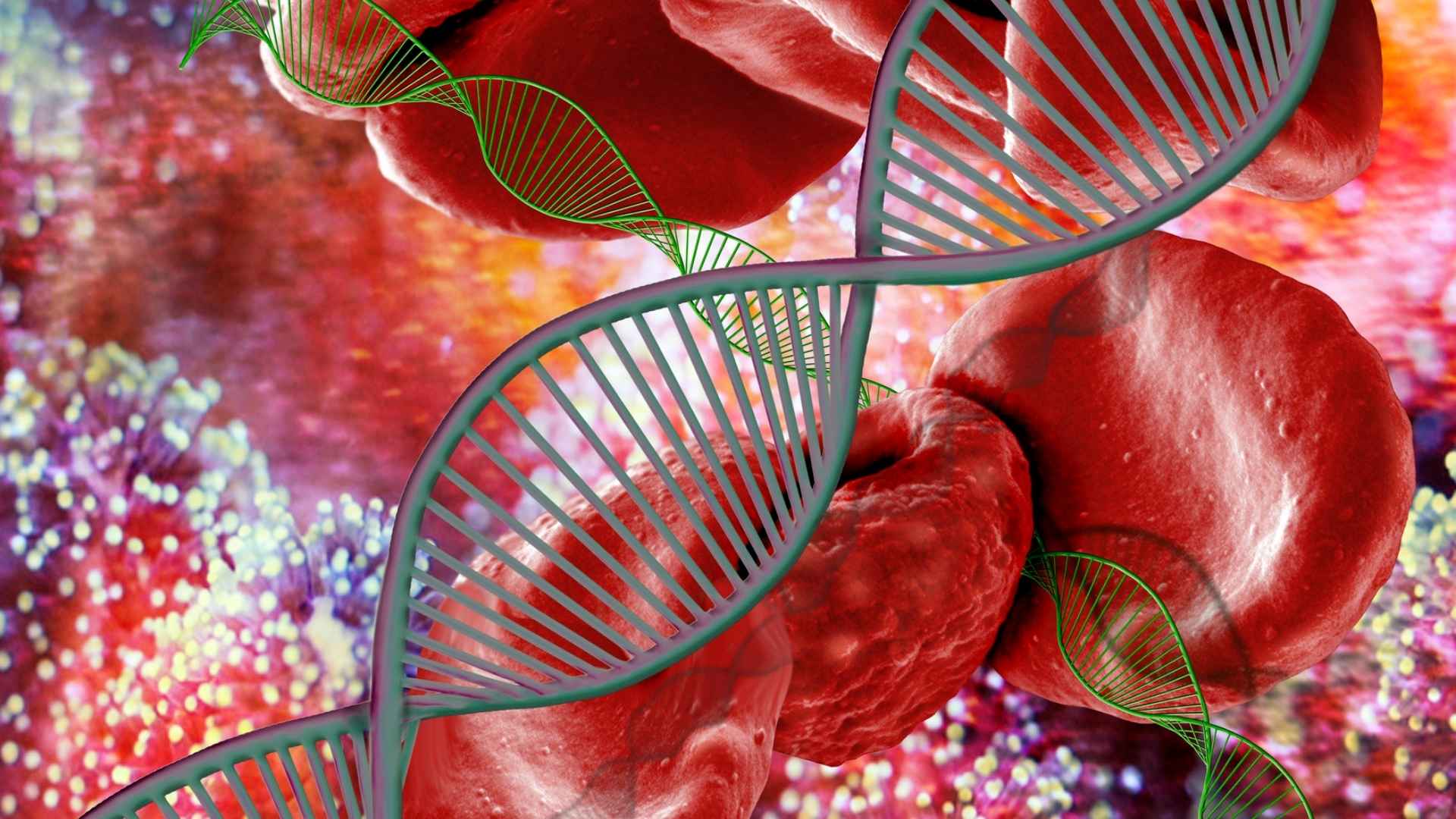The relentless search for better therapeutic responses and the constant strive to combat various diseases has led us to an evident conclusion: we need to thoroughly understand the potential medications we develop, before they could ever reach a patient. In the last few decades, one method has emerged as a pivotal tool in this quest: cell based assays.
Cell based assays allow us to understand disease mechanisms, evaluate drug efficacy and toxicity, and carry out efficient, high-throughput screening of drugs, fundamentally changing the landscape of drug discovery and development. However, are these assays without challenges? And if not, what are the strategies we employ to overcome them? Finally, as we look towards the future, what emerging trends can we identify in the area of cell based assays? Today, we delve into these compelling questions, taking our journey from the laboratories of Israel to the frontiers of global drug research.
The Importance of Cell Based Assays in Drug Discovery
Cell-based assays have emerged as an incredibly crucial tool in the drug discovery process, revolutionizing the field with their unique attributes. As the demand for effective and targeted therapeutics grows, so does the complexity of discovering such drugs. This scenario underlines the importance of using cell based assays in drug discovery.
The versatility of cell based assay plays a crucial role in understanding disease mechanisms at the cellular level. This knowledge helps researchers to identify potential drug targets and evaluate their effects on cellular function. The assessment of drug effects using cell based assays contributes to a substantial reduction in both time and resources, making it an effective platform for drug screening.
In essence, the multidimensional and sparse nature of the intricate process involved in drug discovery is made considerably straightforward with the implementation of cell based assays. This drives their imperative role in enhancing the triumph rate of developing new effective drugs.
Advantages of Cell-Based Assays in Drug Development
Cell-based assays have redefined the landscape of drug development due to their numerous advantages. Significantly, they provide an environment that mimics real physiological conditions, thereby expanding the boundaries of drug testing.
The ability to simulate the complex biological systems that drugs will interact with in the human body means we are able to evaluate both the efficacy and toxicity of new drugs with heightened precision and reliability. A study may show a drug demonstrating significant promise, only to find out it's highly toxic in a real cellular environment. Cell-based assays help prevent such costly missteps, as discussed in the next sections.
Additionally, assessing drug-drug interactions via these assays aids in not only identifying potential adverse interactions but also in providing quantitative assessment of their impact on a cellular level. This is particularly vital when considering treatment plans for patients who are on multiple medications.
Further, the automation and high-throughput screening available with cell-based assays enable processing and analyzing large amounts of data concurrently, leading to better efficiency and productivity. This allows for an expedited drug development process, while still ensuring accurate and reliable results.
While these advantages position cell-based assays as a key tool in drug development, it is important to also understand their challenges, as detailed in the following section.
Challenges and Solutions in Implementing Cell Based Assays
In the field of drug discovery, cell-based assays are not exempt from challenges. A critical problem is the limited availability and heterogeneity of primary cells. There's a constant pressure to enhance genetic consistency and cellular performance
In addition, the urgent need exists for standardization and reproducibility of results, particularly for complex multi-cell type and three-dimensional models. This demands a strong foundation of guidelines and best practices to govern methodologies and data interpretation.
Overcoming technical limitations
Despite these obstacles, the biotech industry in Israel is making strides. Innovative approaches are being adopted to combat these limitations such as applying the latest technology for cell cultivation, stem cell application, and utilizing artificial intelligence in data evaluation.
Lastly, navigating regulatory requirements can pose a significant challenge when applying cell-based assays. However, active dialogues and collaborations between industry experts, regulators, and scientists can pave the road for streamlined procedures and protocols.
Despite these challenges, the next section will reveal how cell-based assays are set to revolutionize the future of drug development.
Future Directions: Emerging Trends in Cell Based Assays
As the field of drug discovery evolves, so too does the sphere of cell based assays. The integration of advanced technologies like microfluidics and organ-on-a-chip is serving to revolutionize the process, making it more efficient and precise than ever before. The utilization of stem cells and 3D cell culture models has initiated new exciting avenues of research. Additionally, the focus on personalized medicine entails a shift, with the implementation of precision drug discovery through cell based assays, as mentioned previously in the advantages segment. Truly, the future of cell based assays promises exciting innovations.
